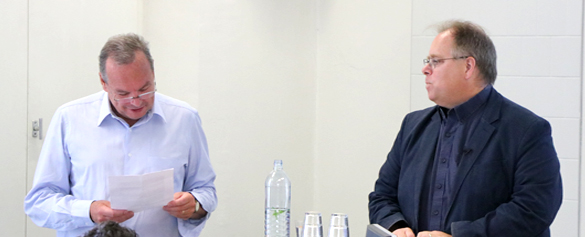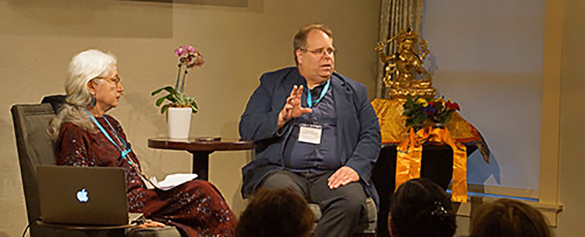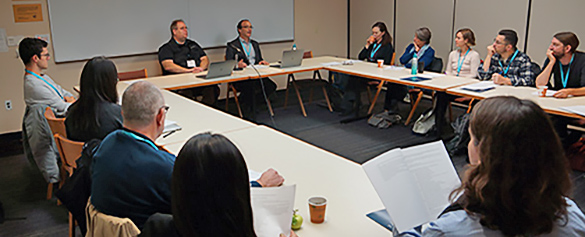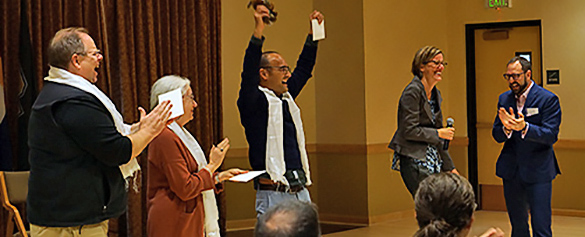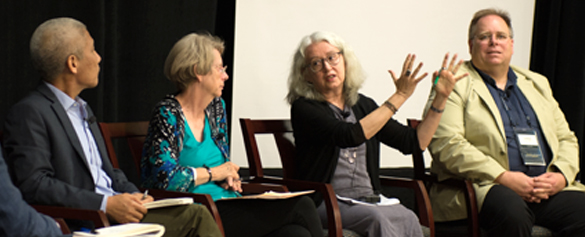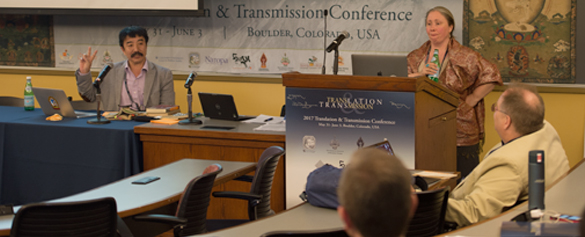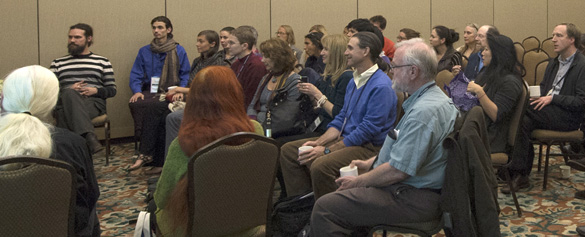Notes from the Cave: ‘Jigs med gling pa on buddha-nature
Gwen Witt Dorring2022-10-26T05:11:39-06:00‘Jigs med gling pa (1730-1798) was a key figure in the development of late-period Great Perfection thought in Tibet. His major philosophical work, the Treasury of Precious Qualities (Yon tan rin po che’i mdzod), was much-studied in the years after its composition in 1789. The Treasury’s presentation of Great Perfection ontology is grounded (if you will) in buddha-nature. Perhaps more interestingly, much of ‘Jigs med gling pa’s debate with interlocutors about Great Perfection revolves around buddha-nature rather than Great Perfection per se. ‘Jigs med gling pa was also deeply skeptical about the possibility of expressing anything of value about buddha-nature, […]

